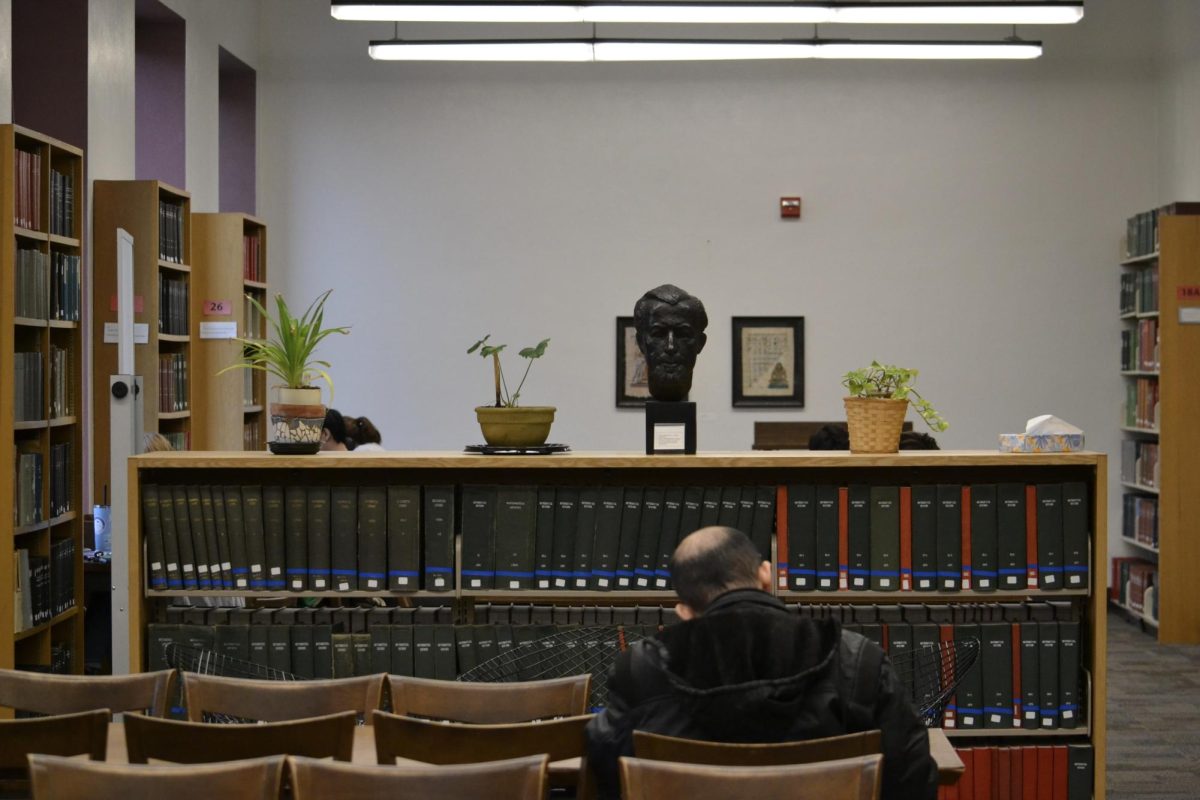In the wake of the economic recession and amid rising tuition costs, college students nationwide are experiencing financial stress — and it’s impacting their academic work.
The 2012 National Survey of Student Engagement — an annual survey of the quality of undergraduate education — found that the majority of students worried about having enough money for regular expenses; more than 30 percent agreed that financial concerns interfered with their academic performance.
Students reported not buying required supplies or working extra hours to cut costs, often at the expense of their academic success. These results closely mirror the results of the University of Minnesota’s 2012 Student Experience in the Research University survey.
NSSE survey questions addressing the topic of financial concerns were added this year because students are currently dealing with the issue “at pretty high levels,” said Jillian Kinzie, associate director of the Indiana University Center for Postsecondary Research and NSSE Institute.
“There’s almost no one who’s not worrying about finances,” she said.
Making ends meet
According to the NSSE survey data, financial worries were more severe for students who worked more.
Of full-time seniors who worked at least 21 hours per week, about 60 percent said their work had
interfered with academics. But the same number also said they had looked into working more hours.
Dan Tipping, a chemical engineering junior, said he works 10 to 12 hours per week as an intern at a material science company to help meet tuition costs — his greatest source of financial stress.
“[Working] definitely impacts my grades a good amount,” he said.
The University’s cost of attendance for those who qualify for in-state tuition in the 2012-13 academic year is an estimated $24,718, including $13,524 in tuition and fees.
“Thirty years ago or so, a student could probably work in the summer at a minimum wage job and earn enough to pay their tuition,” said Robert McMaster, dean of undergraduate education. “You can’t even come close now.”
The University didn’t participate in NSSE in 2012, but results from the 2012 SERU survey showed similar trends, according to the University’s Office of Institutional Research.
Of University students surveyed, more than a third said they had increased their work hours in college. Nearly 60 percent said they had been more frugal, and more than 40 percent said they had skipped meals to save money.
The number of students who asked the University’s financial aid office to re-evaluate their applications increased between 2010 and 2012, but according to McMaster, the increase was lower than the two years previous during the height of the recession.
The most obvious effect of financial concerns on academics in both surveys was related to the cost of required course materials.
“I guess that’s the one spot, in terms of the cost of attendance, where they feel, ‘OK, if it comes down to skipping a meal — or a bunch of meals — or buying a book, I’d rather make sure that I’m eating,’ which is quite understandable,” McMaster said.
The University’s SERU results showed that almost 70 percent of students bought fewer books, bought used books or read books on reserve in order to meet college expenses.
Casey Hinds, a chemistry and chemical engineering junior, said she tries to buy all her books from sources other than the University bookstore and rents as many as possible.
Nationally, the NSSE showed nearly 30 percent of first-year students and 34 percent of seniors said they hadn’t purchased required academic materials because of cost.
“It’s concerning that students are making choices about things like academic materials,” Kinzie said. “They’re making a calculation there that indicates, ‘I can go without this because I don’t have the money to pay for it.’”
Planning for the future
Looking ahead, the majority of students are taking job placement, career mobility and future earnings into consideration.
Of seniors surveyed in NSSE, more than half said potential salary and earnings influenced their choice in major, and 55 percent said they were influenced by the ability to find a job.
These factors were more influential for students of color and for students in science, technology, engineering and mathematics fields.
Both Tipping and Hinds said they chose their majors because they enjoyed math and science in high school, but job placement also played into the decision to pursue engineering.
Kinzie said some students — particularly seniors — may work more to gain experience that will help them find work after graduation.
“Seniors are not only worried about current expenses, but they’re also then worried about getting a job,” she said. “But then what impact is that going to have on academic performance? I would want students to make good choices about where they should invest.”










